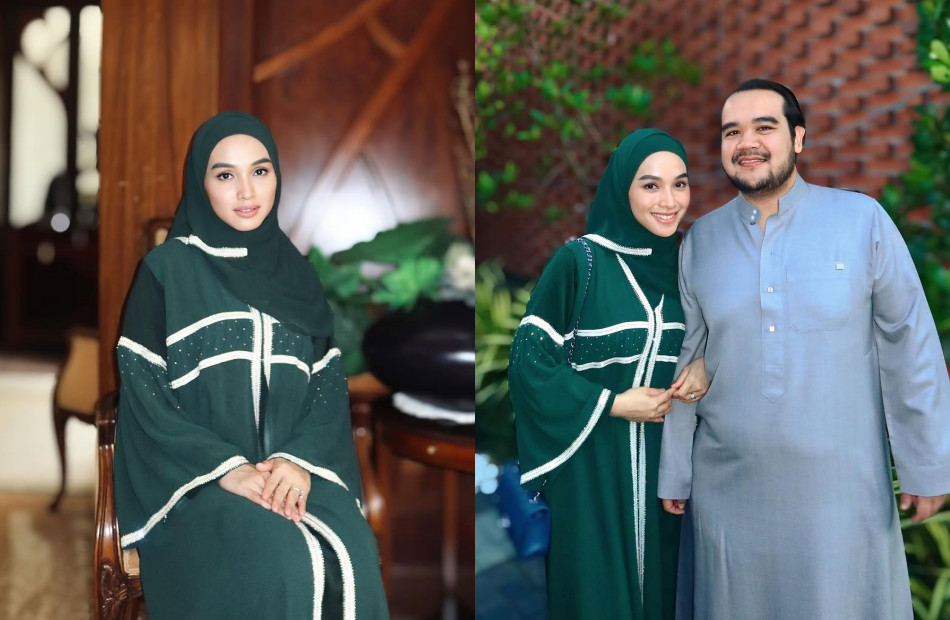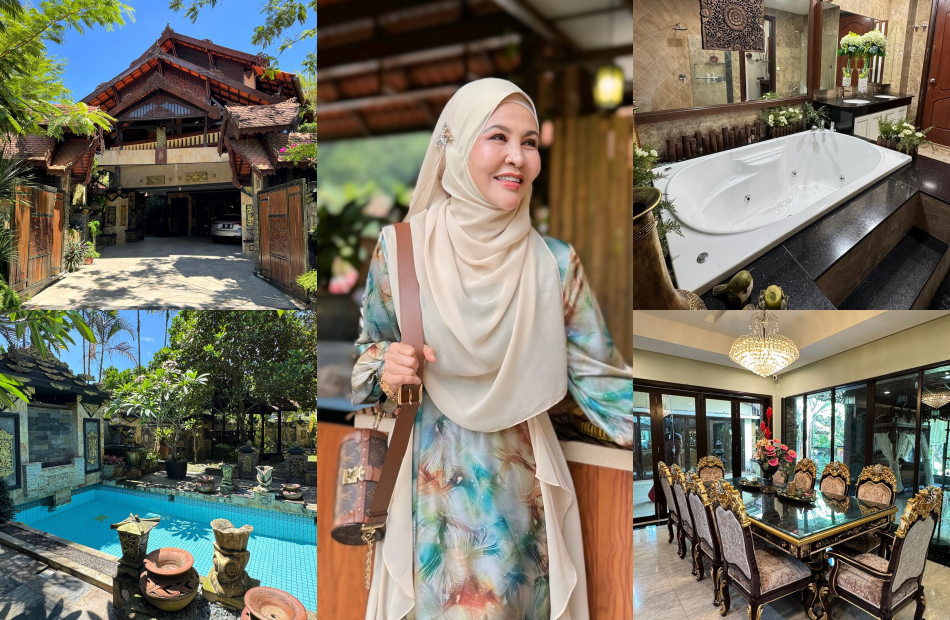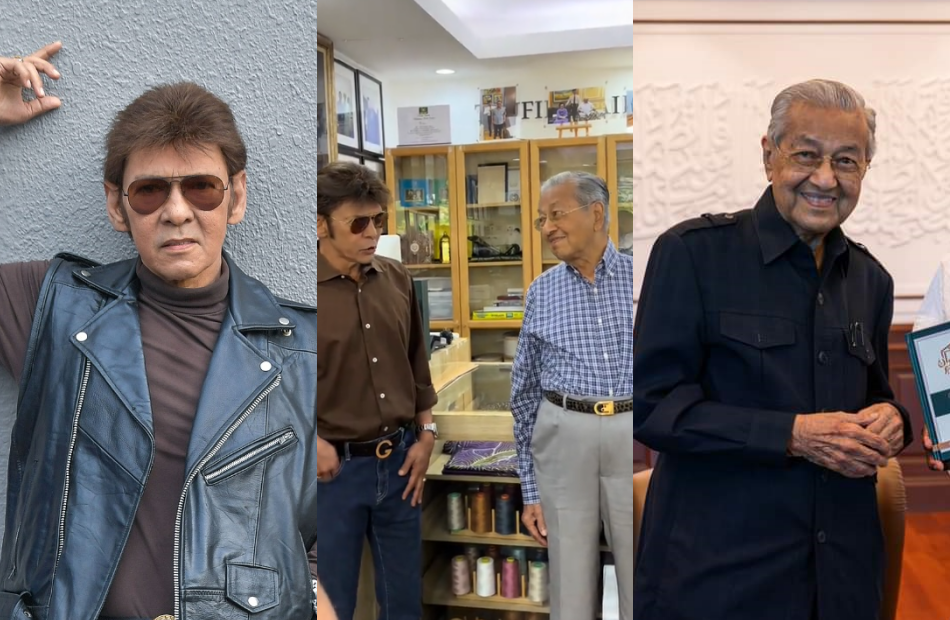Throughout March, Muslims around the world are observing Ramadan, but each country has its own way of practicing. Indonesian actress Tya Arifin posted a video explaining the culture shock she experienced when she first moved to Malaysia after marrying Asyraf Khalid, the stepson of Dato’ Sri Siti Nurhaliza.
According to the 30-year-old, there are differences in the way Malaysians and Indonesians practise Ramadan. She clarified that while the practices are mostly the same, there are a few things that caught her off guard.

“The first time I fasted in Malaysia, my husband told me that Muslims caught eating in public or in restaurants during the daytime would be arrested and taken away in a hearse. I didn’t believe it at first, but then I saw news articles about it online, which surprised me,” she said. Tya explained that there are no rules like that in Indonesia as Muslims there are free to eat in public for whatever reasons they have, adding that the culture in Malaysia is a little bit more conservative and strict.
The second difference are the Ramadan bazaars. The actress claimed that Ramadan bazaars are everywhere in Malaysia, offering a wider variety of food, whereas in Indonesia, they are mostly found in the city of Palembang, and even then, they’re not as big as the ones in Malaysia.
As for the third difference, the public figure shared that in Indonesia, groups of children would go around their neighbourhood drumming and chanting to wake everyone up for sahur. “It’s very lively there during this time of year, but I’ve never experienced that in Malaysia. Probably because I live in KL, I’m not entirely sure about other states,” she elaborated.

After posting her video, both Malaysian and Indonesian fans chimed in to share their experiences as well. Some agreed with Tya’s points regarding the differences in the two countries’ bazaars, while others claimed that there are certain areas in Malaysia where children do walk around the neighbourhood to wake everyone up for sahur.
A few also shared their experiences of seeing Malaysian Muslims, who could not fast, having to be discreet when eating during the daytime to avoid getting arrested. What other differences have you noticed between the two countries when it comes to Ramadan?
Watch Tya Arifin’s video below:
According to Dewan Selangor, Muslims found eating in public will be investigated under the Syariah Criminal Enactment 1995. If found guilty, they will be fined up to RM1,000, imprisoned for a term not exceeding six months, or both. The same rule applies in other states, though the fine amount and duration of imprisonment may vary.
Source: Instagram, Dewan Selangor, TRP










